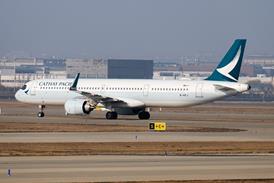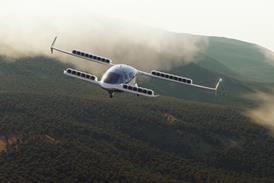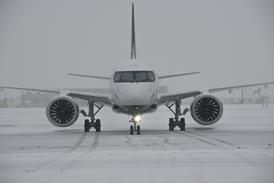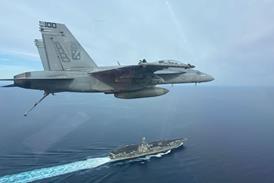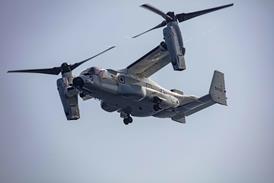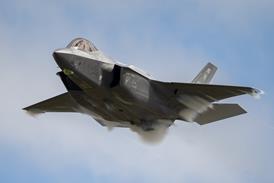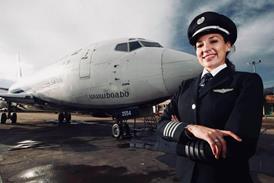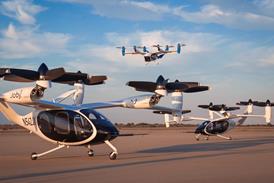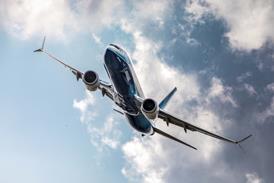Despite the usual dangers in establishing a new carrier in the USA, several start-ups are raising money, hiring staff and sealing aircraft leases to tackle domestic and transatlantic markets.
A new generation of start-up carriers is poised to take off, and while their hopes may seem counterintuitive in a time of record fuel prices, historically low yields, labour unrest, security hassles and the unbalancing dynamic of bankruptcy, their business plans aim at a different niche.
And this generation, perhaps schooled in the failures of the recent past, is distinct from the usual crop of small-aircraft hopefuls that would rely on a single sponsor, airport or government programme. Their number includes those with highly detailed plans for luxury and for international services. While analysts are sceptical of any new entrant, they note that the many reputable airline executives in the marketplace, the willingness of aircraft suppliers to deal with seemingly risky start-ups, and the resurgent US venture capital and public issue financing market could make this wave different.
Among the veterans is a group headed by former British Airways executive David Spurlock, who has recruited ex-Continental Airlines marketing vice-president Bonnie Reitz and others. Atlantic Express plans luxury service between New York and London later this year. Using the trade name of Eos, the Greek goddess of the dawn, it promises flights on Boeing 757s with only 48 seats, or about a quarter of the normal number. So far, Spurlock, who directed fleet-renewal projects at BA, has secured $185 million in backing, much of it in lease finance. The service would use New York JFK and London Stansted.
The demand for transatlantic services also spurred Skylink Airways of Washington Dulles, now renamed MaxJet, to propose a low-fare carrier that would fly Boeing 767s. MaxJet also has a pedigree: it was founded by Gemini Air Cargo founder Bill Stockbridge, with ex-Shepherd Systems executive Mike Malik leading marketing. MaxJet will fly from Stansted to airports such as Baltimore/Washington, Orlando and New York JFK. With financing in place for the anticipated competitive response, MaxJet is in the final stages of FAA approval flights.
Another industry veteran, former Amadeus, IBM and IATA executive William Diffenderffer, is part of a group trying to fill a void in the Columbus, Ohio, market by starting low-fare Skybus Airlines. Hoping to begin service in the third quarter of 2006 from this former America West mini-hub, Skybus has significant commitments from banks, insurers and a newspaper publisher.
Wall Street names have taken a chance on some of these start-ups: Morgan Stanley is trying to help Skybus raise money, while Lehman Bros is marketing MaxJet. Meanwhile, Sir Richard Branson’s Virgin America is still seeking investors, although he said recently that his financing is close to completion.
Another start-up that has received wide attention is Primaris, which last year announced plans to acquire Boeing 787s. Las Vegas-based Primaris says it would offer “all first-class service at prices roughly equal to unrestricted coach prices” of the legacy carriers. With a former US senator and astronaut, Jake Garn, on its board, it is led by Mark Morris, former head of DHL Air Group. Morris briefly tried an all first-class start-up in the mid-1980s, but says that deteriorating service over the last two decades has merely increased the thirst for personal space.
Fiscal and operational regulations for start-ups have become markedly more stringent, with the effect, says consultant Darryl Jenkins, of “weeding out the kooks”. Nevertheless few will withstand the competitive response and thrive, he says.
DAVID FIELD
Source: Airline Business

